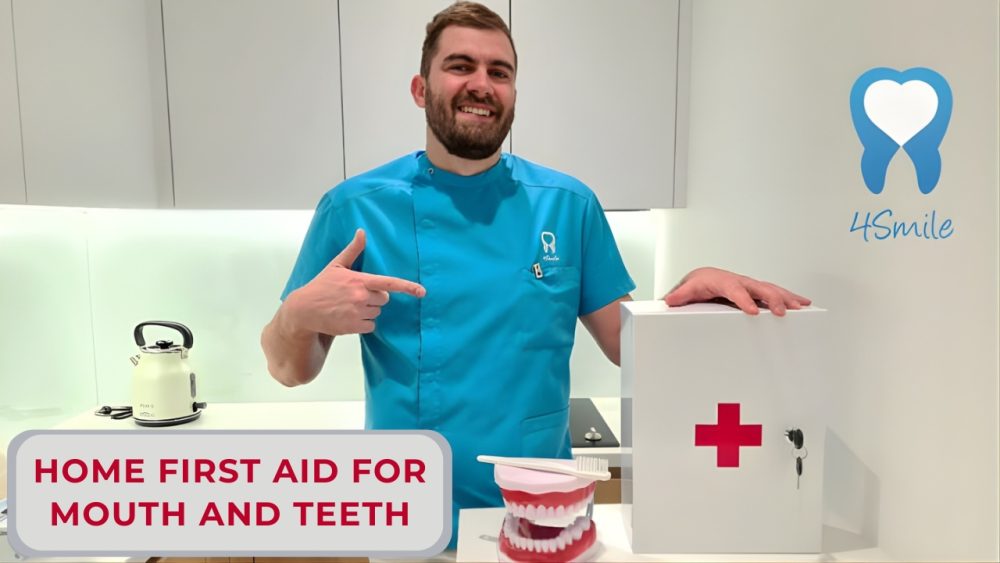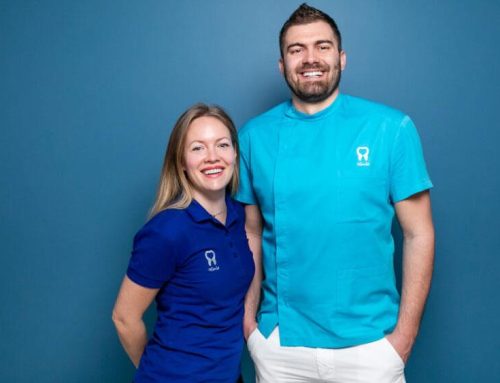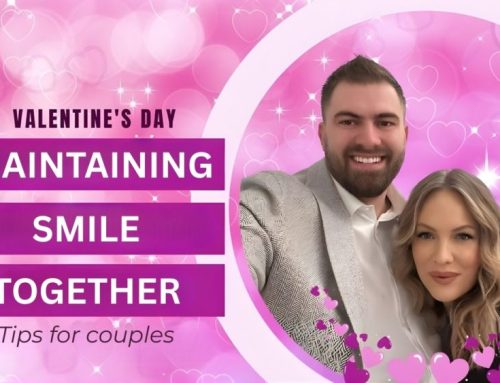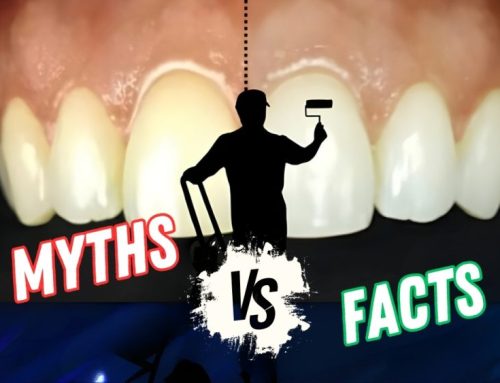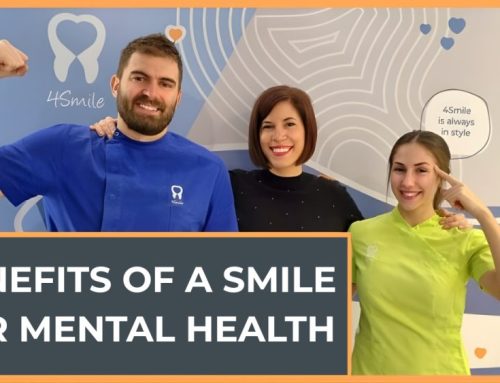Dental emergencies can happen anytime and anywhere. You might be sitting at home watching your favorite TV show, walking your dog in the park, or hiking with friends. If a dental emergency occurs, you might be lucky enough to have a dental office nearby.
But what if it takes a three-day walk to reach the nearest dentist, or the office is inaccessible for another reason?
Dental emergencies occur without warning. They can be extremely painful and may cause permanent damage to teeth and gums. That’s why it’s important to prepare in advance, because accidents happen when you least expect them.
Start now by adding a dental first-aid kit to your home pharmacy.
Preparing a dental first-aid kit
In addition to daily oral-hygiene items (dental floss or an oral irrigator, toothbrush, toothpaste, mouthwash, and optionally a tongue scraper), it’s wise to prepare for emergencies as well.
No one can predict when an emergency will happen, so having your own first-aid kit on hand is always useful.
Furthermore, first-aid kits can be your “survival key” if you travel frequently.
Here are a few essential items to include in your dental first-aid kit:
- dental floss
- sterile gauze
- cotton wool
- cooling gel
- small tweezers
- dental mirror
- medical gloves
- oral disinfectant
These items are basic tools for dental emergencies. You can find an inexpensive dental mirror at local pharmacies. Gloves are important because of the bacteria on your hands – they help prevent infection and the spread of disease.
As the best oral disinfectant, dentist Ivan Antolković recommends Parodontax 0.2% – intensive care for plaque control and for helping with gum disease, bleeding, irritation, and inflammation. It can be used for a maximum of 7 consecutive days.
First aid for toothache
Pain relievers such as ibuprofen or paracetamol are the best first aid for toothache.
If you prefer herbal-based medication, you can use clove oil as a natural pain reliever.
!! If there is heavy bleeding or after surgical procedures, avoid aspirin because it may increase bleeding.
Lost ceramic crown or cracked tooth
- petroleum jelly (Vaseline)
- denture adhesive – e.g., Corega
- dental wax
Petroleum jelly and dental wax are available in all pharmacies. Wax is used to cover broken orthodontic wires and brackets, as well as sharp fractured tooth edges. Petroleum jelly serves as a temporary barrier between the injury and your mouth.
If a dental crown or another prosthetic piece falls off, you can use Corega denture adhesive.
!! If the adhesive is applied to the prepared natural tooth under a crown, it may only remain for up to 10 days. After that, the natural tooth will begin to decay. Therefore, it is important to see a dentist as soon as possible.
First aid for canker sores or oral injuries
Dr. Antolković recommends AftaMed gel for these situations.
Mouth ulcers (canker sores) are inflammatory lesions that cause painful ulcerative spots
in the oral cavity. Aftamed gel’s special formulation not only provides immediate pain relief but, according to controlled clinical studies, also effectively supports healing and reduces the number of ulcers by regulating inflammation and rehydrating tissues thanks to hyaluronic acid. It contains no alcohol.
Important note from dentist Ivan Antolković
Dental first-aid kits are an important asset for the oral health of you and your children. Since emergencies occur unexpectedly, it is always a good idea to be prepared and to manage the situation if you have a dental first-aid kit at home. I also recommend adding one to your travel first-aid kit.
On the other hand, the best approach is to avoid emergencies altogether. Most dental emergencies can be prevented, and the key to prevention is the same as the key to maintaining good oral health: regular visits to the dentist.
Dentists can detect problems before they become serious.
A dentist is also your best resource for any concerns or questions regarding the health of your teeth and mouth.
When it comes to dental emergencies, even if you are prepared to handle the situation yourself, it is still crucial to seek professional dental help as soon as you feel throbbing tooth pain or have an injury in your mouth. Naturally, as soon as possible.
